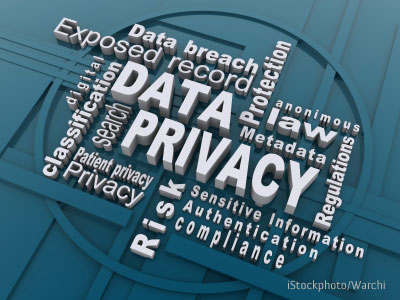 Computer viruses and spyware are an unavoidable part of life. You can protect against them, but they'll always be out there lurking. That's because hacking is so lucrative – once cybercrooks have their fingers in your laptop, tablet or smartphone, they have access to untold amounts of valuable data and information about you and your life.
Computer viruses and spyware are an unavoidable part of life. You can protect against them, but they'll always be out there lurking. That's because hacking is so lucrative – once cybercrooks have their fingers in your laptop, tablet or smartphone, they have access to untold amounts of valuable data and information about you and your life.
It turns out e-villains aren’t the only ones who might be interested in gaining unfettered access to computers using viruses: According to a new Wall Street Journal report, the Federal Bureau of Investigation routinely uses hacking techniques and malware to keep tabs on the digital activities of evil doers.
Spyware is put on suspects’ computers much the same way a typical malicious virus would be – through the use of cleverly disguised links, infected files or via a covertly attached thumb drive. These computer programs are capable of remotely activating cameras and microphones located in smartphones and laptops to collect evidence, all without the alleged criminal’s knowledge.
Once data is collected, the virus sends the information to an independent screening team tasked with removing all irrelevant data swept up by the spyware. Evidence is then handed over to the primary investigators, who use the material to build criminal cases. Unlike the government’s NSA spying efforts, the FBI only hacks suspects’ computers with the permission of the courts and a warrant in hand. And it’s only used as a last resort when traditional methods fail.
Is hacking private citizens’ computers a violation of our right to privacy? Probably not, but still, civil liberties advocates want to make sure people know that the technology exists and is being actively used. “People should understand that local cops are going to be hacking into surveillance targets,” argued the ACLU's Chris Soghoian to the Journal. “We should have a debate about that.”

















